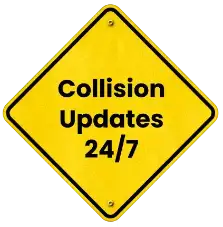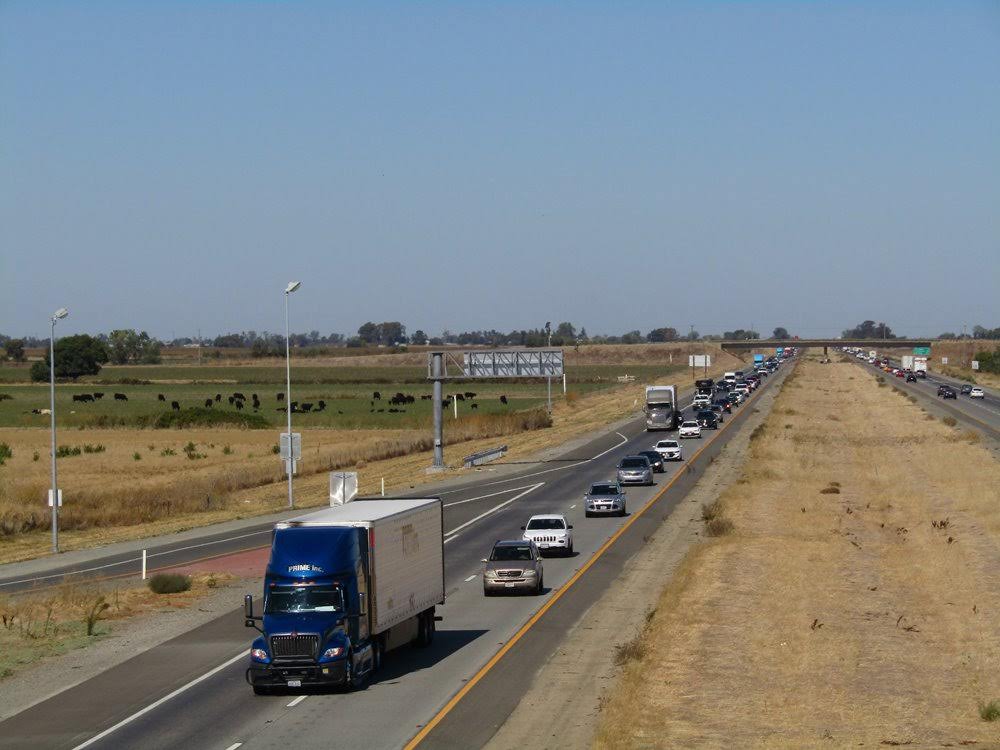
Legal Options After an Accident on I‑20


Interstate 20 is more than just a highway; it’s a vital link connecting communities from Texas through Louisiana, Mississippi, Alabama, Georgia, and into South Carolina. Every day, thousands of people rely on it to get to work, visit family, or move goods across the Southeast. Cities like Dallas, Shreveport, Jackson, Birmingham, and Atlanta all depend on I-20, making it one of the busiest and most important roadways in the region.
But with so much traffic, commuters rushing to work, families on long road trips, and heavy commercial trucks sharing the lanes, accidents are an all-too-common reality. A single crash can back up traffic for miles, cause serious injuries, and change lives in an instant.
If you or someone you care about has been injured in a collision on I-20, you may be feeling overwhelmed, juggling doctor visits, medical bills, and endless calls from insurance companies while still trying to heal. It can be hard to know what steps to take or where to turn for help.
This guide is here to walk you through your options. We’ll explain how the claims process works, when you may need to consider a lawsuit, and what steps you can take right now to protect yourself and your future.
Immediate Steps after a Crash
The moments after a crash can feel overwhelming, but quick action protects both your health and your legal rights.
- Call 911 right away and get medical help. Even small injuries can worsen later. Medical records also serve as vital evidence.
- Report the crash to law enforcement. A police report creates an official record and helps determine fault.
- Gather evidence if you are able. Take photos of vehicles, the roadway, and any visible injuries. Collect names and contact details from witnesses.
- Notify your insurance company as soon as possible. Most policies require prompt reporting, and waiting could make your claim harder to process.
- These steps create a strong foundation for your recovery. They also support your case if you need to file a claim or lawsuit
Understanding Insurance Claims
For most accident victims, the first step after a crash is filing an insurance claim. This process can feel confusing, especially when you’re trying to recover, but knowing your options makes it easier to move forward.
You may start with your own insurer. If your policy includes Personal Injury Protection (PIP) or Medical Payments (MedPay), those benefits can help pay medical bills, cover out-of-pocket expenses, and ease some of the immediate financial strain. These coverages are designed to support you quickly, regardless of who caused the accident.
In other situations, you may need to file a third-party claim. This happens when another driver is at fault for the crash. Their insurance company is then responsible for paying your damages, which can include hospital bills, lost wages from missing work, and the cost of repairing or replacing your vehicle.
Insurance is meant to help after an accident, but it rarely covers everything. Pain and suffering, long-term medical care, or future lost income are often undervalued or ignored by insurers. On top of that, insurance companies are businesses first. Adjusters may use tactics to reduce payouts, drag out the claims process, or deny legitimate claims altogether.
That’s why strong documentation is so important. Medical records, police reports, photos from the scene, and witness statements all strengthen your case. Having legal support can also level the playing field, ensuring that your rights are protected and that you pursue the full compensation you deserve.
When a Lawsuit May Be Necessary
Sometimes insurance alone cannot cover the full impact of a crash. In these situations, pursuing a lawsuit may be necessary to protect your financial future and hold the responsible party accountable.
You may need to consider filing a lawsuit if your injuries are severe or long-lasting. Catastrophic injuries such as spinal cord damage, traumatic brain injuries, or multiple fractures often require ongoing care that insurance does not fully cover. A lawsuit can help ensure those long-term needs are addressed.
Another reason to file suit is when the insurance company denies your claim or offers a settlement far below what you deserve. Unfortunately, insurers often try to minimize payouts. If the offered amount does not cover your medical bills, lost wages, and other damages, taking legal action may be the only way to secure fair compensation.
Victims of crashes on I-20 have several legal paths available:
- Personal injury lawsuits allow injured individuals to pursue compensation for the tangible and intangible losses caused by the accident. These include hospital bills, rehabilitation costs, lost income, reduced earning capacity, and the pain and suffering that can come with physical and emotional trauma.
- Wrongful death lawsuits give surviving family members the right to seek justice if a loved one dies in a collision. Compensation may cover funeral expenses, lost household income, loss of companionship, and other damages that reflect the lasting impact of the loss.
Timing is critical. Every state along I-20 has its own statute of limitations, which sets a deadline for filing a lawsuit. In some states, you may have as little as one or two years to act. Missing this deadline could mean losing your legal right to pursue compensation altogether, no matter how strong your case may be. 
Proving Fault after a Crash on I-20
To succeed in a claim or lawsuit, you must prove fault. Evidence such as police reports, witness statements, photos, videos, and expert reconstruction helps establish what happened.
Sometimes, unsafe road design, poor signage, or construction zones on I-20 may also play a role, opening the door to claims against government agencies or contractors.
Fault laws differ by state. Some use comparative negligence, which reduces compensation if you share blame, while others follow strict contributory negligence, which can bar recovery if you’re even slightly at fault.
How an Attorney Can Help
Crashes on I-20 often involve multiple vehicles, trucking companies, and complicated insurance issues. A personal injury attorney can investigate the crash, handle insurers, file a lawsuit if needed, and fight for fair compensation. Legal guidance also protects victims from tactics insurers use to deny or reduce claims.
If you or a loved one has been injured in a crash on I-20, you don’t have to face the legal process alone. An experienced personal injury attorney can guide you through insurance claims, negotiate on your behalf, and pursue a lawsuit if necessary.
Contact our team today for a free consultation to discuss your case and learn how we can help you protect your rights and secure the compensation you deserve.
